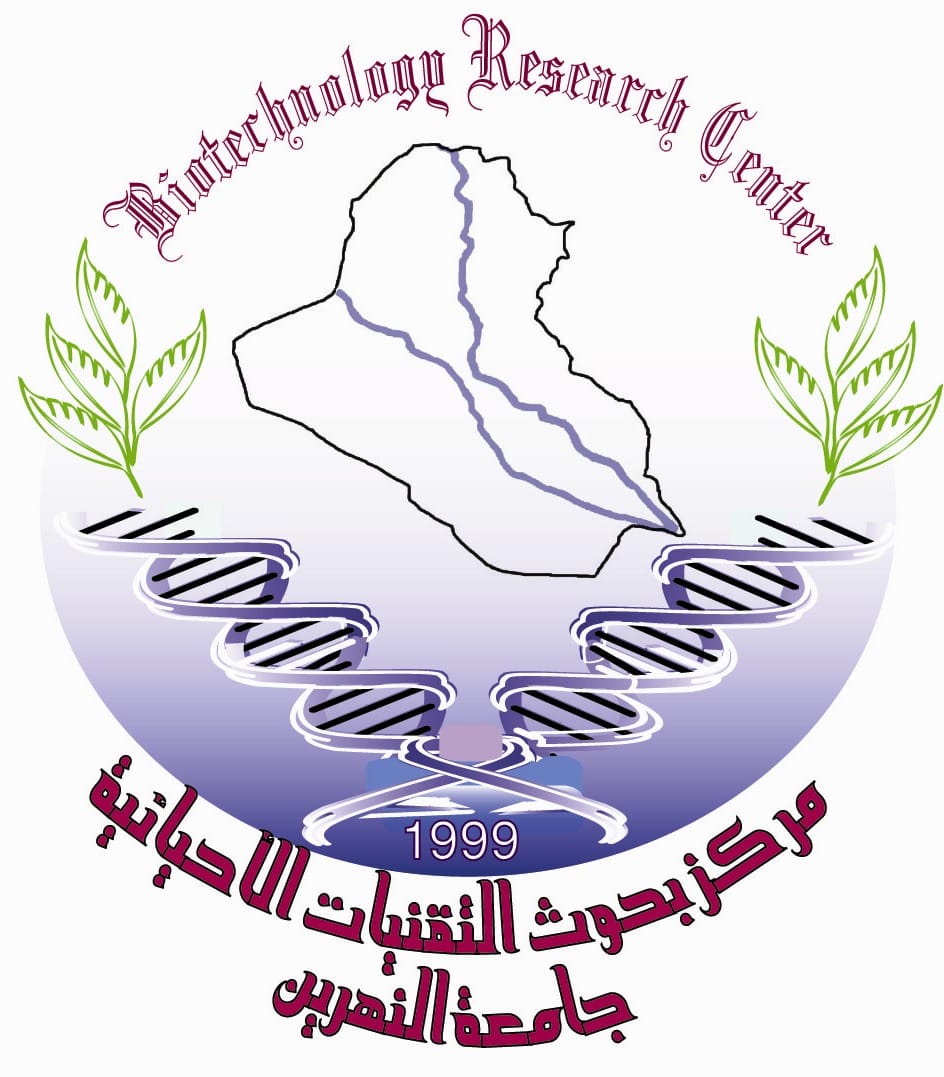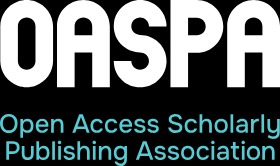Evaluation of Ammonium Phosphate Fertilizers Efficiency on Growth and Yield of Wheat by Using Saline Water
DOI:
https://doi.org/10.24126/jobrc.2009.3.1.40Abstract
A pot culture experiment was conducted to evaluate the efficiency of two fertilizers, mono ammonium phosphate (MAP) and diammonium phosphate (DAP), on growth and yield of wheat irrigated with saline water. Six levels of saline water, 2.0 , 4.0 , 6.0 , 8.0 ,10.0 and 12.0 dSm-1 was used, and river water '1.0 dSm-1' as a control The above levels were obtained by mixing drainage water with river water. The experiment was designed according to the Randomized Complete Block Design (RCBD). Results show significant decrease in grain yield, total dry weight, weight of 100 seed, protein content, and N and P absorption with the increase in the salinity of irrigation water. The results also revealed that MAP fertilizer was superior to DAP fertilizer, and a negative linear relation between plant parameters and irrigation water salinity. The study was concluded that water with 4.0 dSm-1 salinity and leaching fraction to 20% can be safely used for irrigation of wheat cultivated in soil with silty clay texture with efficient drainage system under suitable agriculture practices. Ammonium phosphates are more efficient fertilizers for plants and MAP is superior to DAP.
Downloads
Published
How to Cite
Issue
Section
License
This is an Open Access article distributed under the terms of the creative commons Attribution (CC BY) 4.0 license which permits unrestricted use, distribution, and reproduction in any medium or format, and to alter, transform, or build upon the material, including for commercial use, providing the original author is credited.











